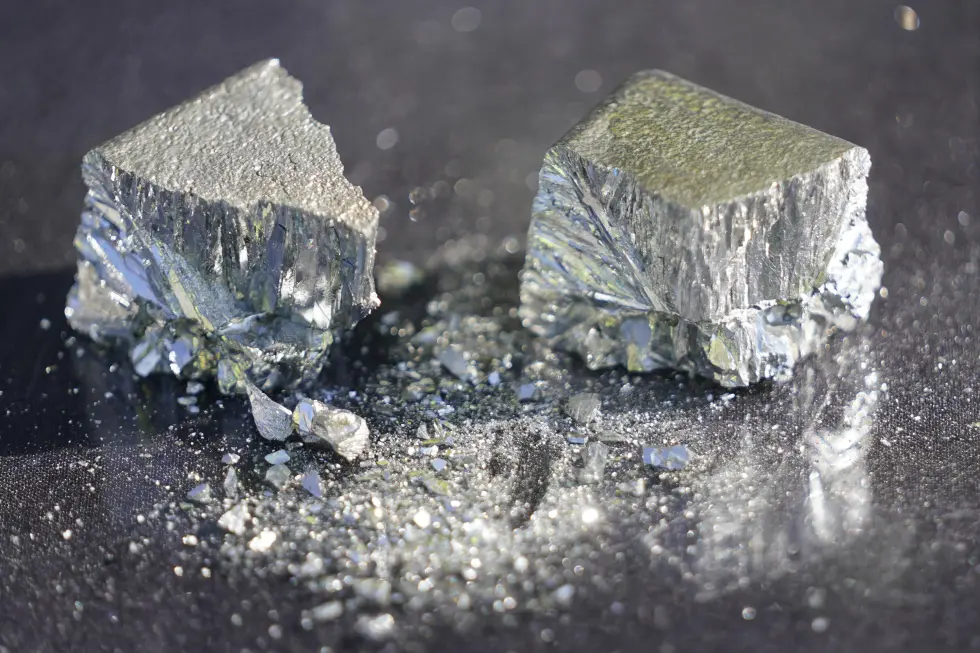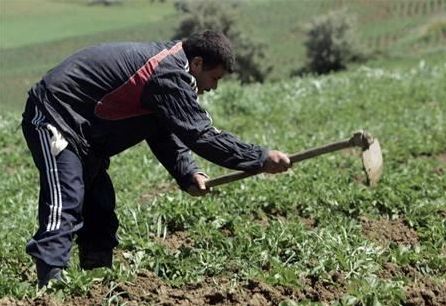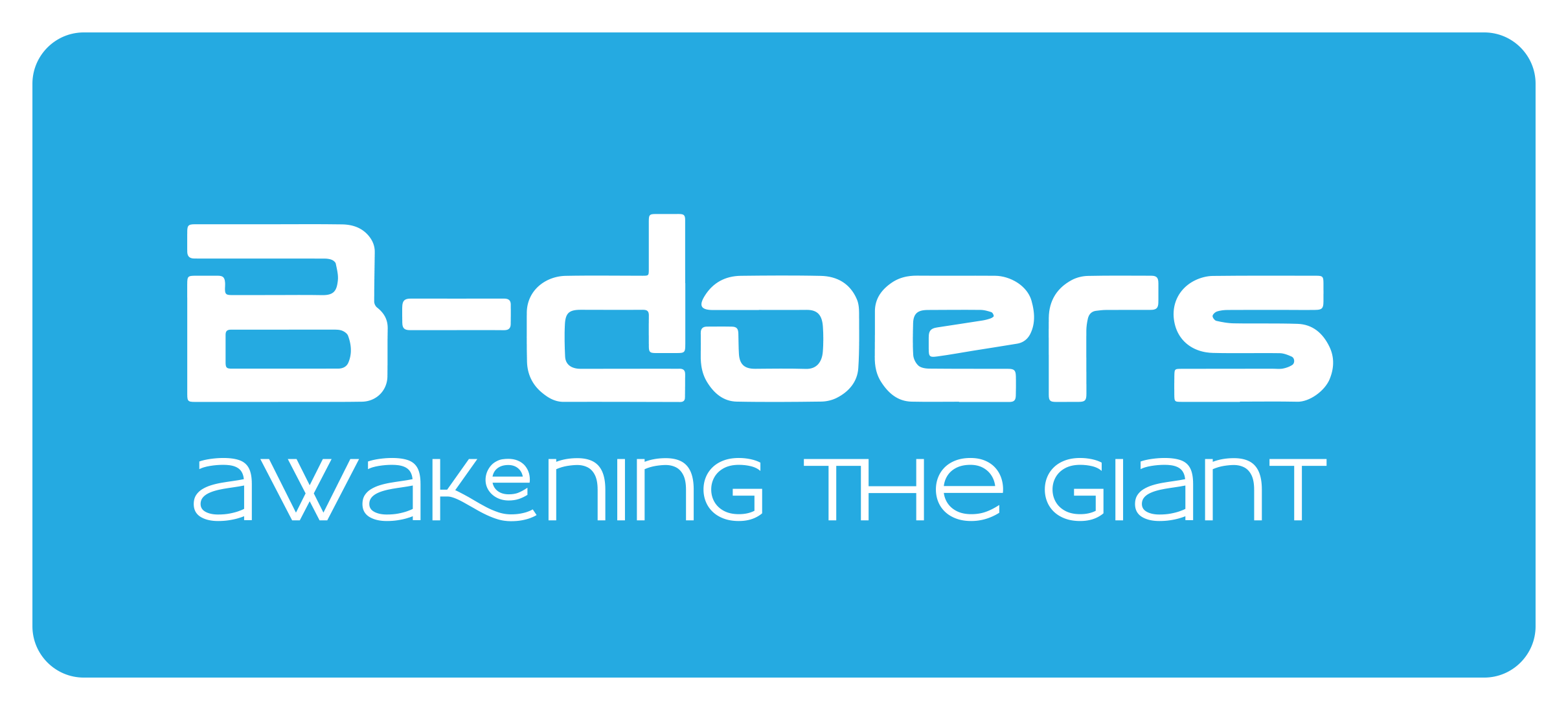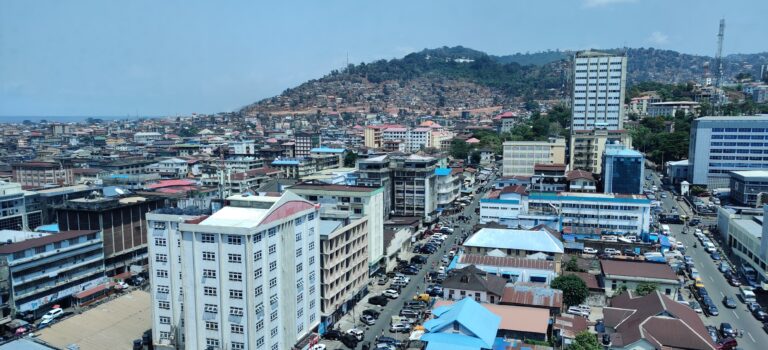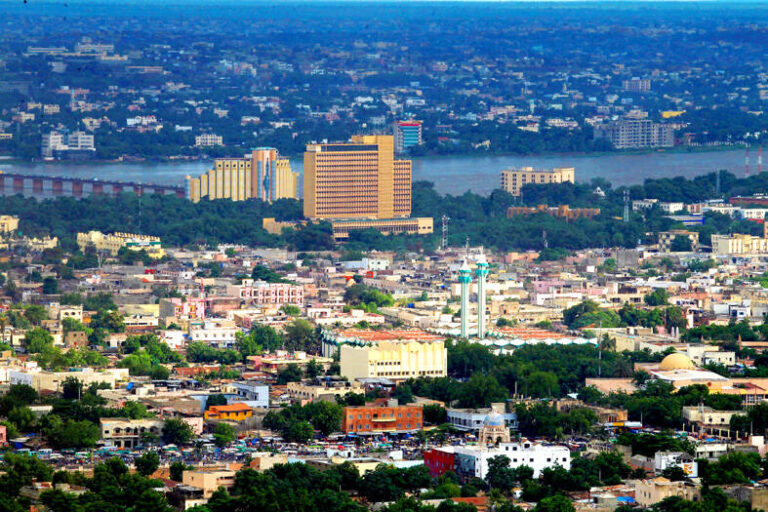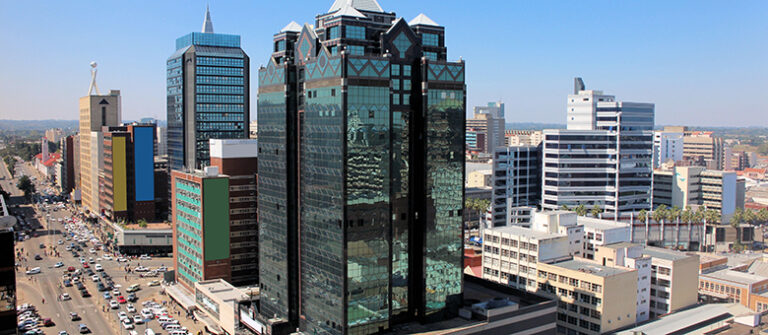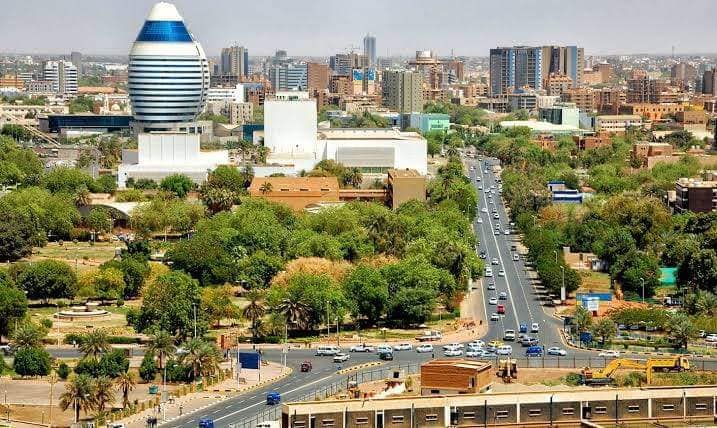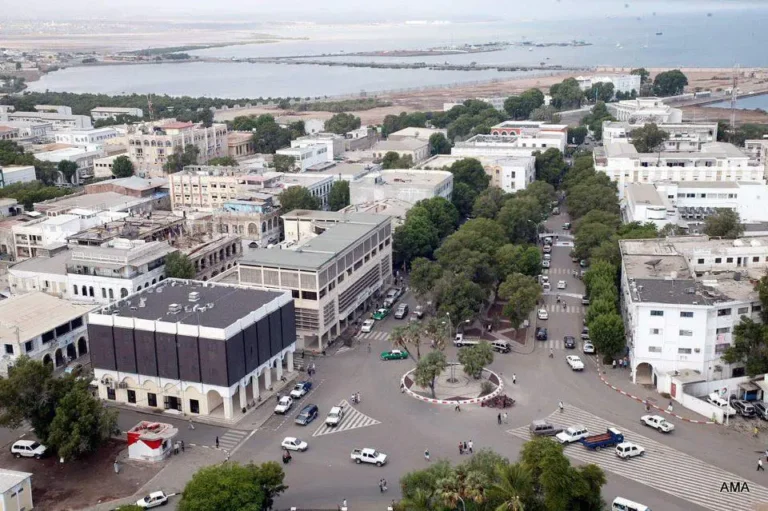Algeria is bordered to the northeast by Tunisia; to the east by Libya; to the southeast by Niger; to the southwest by Mali, Mauritania, and Western Sahara; to the west by Morocco; and the north by the Mediterranean Sea.
The capital city of Algeria is Algiers with of population 1,977,663.
Algeria covers an area of 2,381,741 square kilometers (919,595 sq. mi), making it the world’s tenth-largest nation by area, and the largest nation in Africa. Algeria is a large, predominantly Muslim country in North Africa. Most of the population resides along the Mediterranean coast. The current population of Algeria is 46,209,374 as of Tuesday, June 27, 2023, based on Worldometer elaboration of the latest United Nations data.
Abdelmadjid Tebboune born 17 November 1945) is an Algerian politician currently serving as the President of Algeria since December 2019 and as Minister of Defence. Previously, he was Prime Minister of Algeria from May 2017 to August 2017. In addition, he was also Minister of Housing from 2001 to 2002 for a year and again from 2012 to 2017 for 5 years.
The economic crisis caused by the pandemic follows five consecutive years of slowdown in GDP growth (2015-2019) in Algeria. The oil and gas sector constitutes 98% of exports, 70% of government revenue, and nearly 40% of the GDP. Housing and infrastructure are key priorities of the Government.
The Algerian biggest company which generates revenue is Air Express Algeria which creates employment in the country.
There are about 10.7 million Algerians between ages 19 and 25, that is to say around 30% of the total population. The European Union supports the Algerian government in its national youth policy and the employability of young people, as well as the efforts of civil society to better integrate young people into society.
Business opportunities in Algeria
Investment opportunities in Algeria are in various Sectors such as agriculture, forestry, and fishing: Algeria’s agricultural sector contributes about 8 percent of the gross domestic product (GDP) but employs 14 percent of the workforce. Algeria’s fishing industry does not take full advantage of the Mediterranean coast, in part because fishing is generally done from small family-owned boats instead of large commercial fishing trawlers.
Algeria is rich in minerals; the country has many iron, lead, zinc, copper, calamine, antimony, and mercury mines. The most productive are those of iron and zinc. Lignite is found in Algeria. Salt is collected on the margins of the chotts. Algeria’s banking sector is dominated by public banks, which suffer from high levels of non-performing loans to state-owned enterprises (SOEs).
